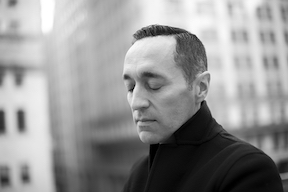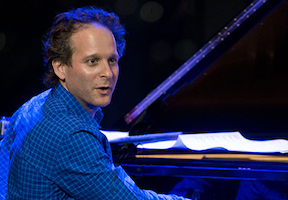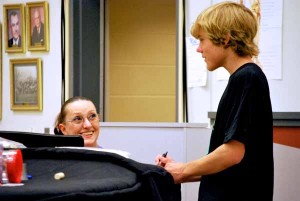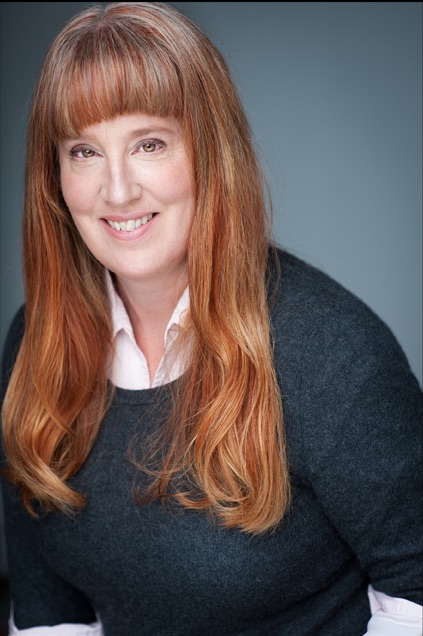Jeanie is looking forward to her next teacher training weekend in October in the Baltimore/DC area. There will be an open session in early October in the Baltimore/DC area and a Teacher Training and Support Group weekend on October 5, 6, 7 and a day of private lessons on October 8. The open session will be on Friday evening, October 5, from 7:00 to 9:00. Those interested in attending should contact Jennifer Suess for further information.
Work continues on Jeanie’s upcoming book. Dr. Karen Hall, the Editor, is hard at work organizing the book that will be published by Compton Publishing in 2020. She is looking forward to seeing them again in January, 2019, when she returns to Australia to teach at her Institute in The University of Southern Queensland in Toowoomba. The launching of our online teaching platform has been a great success. There will be more online courses offered in September, if you’d like to receive an email about early registration for the next round of online courses, click here.
We hope everyone is having a great summer and keeping cool!






 “Jeanie LoVetri’s Somatic Voicework™ has given me the tools to navigate between different styles and extended vocal techniques, and taught me how to teach with clarity and understanding of the human voice. Her approach is clear, concise, empathetic and invaluable for any jazz singer today. “
“Jeanie LoVetri’s Somatic Voicework™ has given me the tools to navigate between different styles and extended vocal techniques, and taught me how to teach with clarity and understanding of the human voice. Her approach is clear, concise, empathetic and invaluable for any jazz singer today. “
 Eliza Dolittle has been on my list of dream roles as long as I can remember! What soprano doesn’t want to sing those iconic songs and what actress doesn’t want to sink their teeth into such a meaty role! I have such vivid memories of watching Audrey Hepburn (and hearing Marni Nixon) as a young kid. These are songs that I have been singing my entire life! As an undergraduate music major, I even performed several scenes for my senior recital.
Eliza Dolittle has been on my list of dream roles as long as I can remember! What soprano doesn’t want to sing those iconic songs and what actress doesn’t want to sink their teeth into such a meaty role! I have such vivid memories of watching Audrey Hepburn (and hearing Marni Nixon) as a young kid. These are songs that I have been singing my entire life! As an undergraduate music major, I even performed several scenes for my senior recital. This course is the culmination of years of teaching piano to singers, and I tried to put it together in the most concise and clear way possible. This is the perfect course for anyone who has limited piano skills and wants to get moving on the piano and to develop the skill of accompanying yourself/your students using triads.
This course is the culmination of years of teaching piano to singers, and I tried to put it together in the most concise and clear way possible. This is the perfect course for anyone who has limited piano skills and wants to get moving on the piano and to develop the skill of accompanying yourself/your students using triads.
 You are currently in The 5thAvenue Theatre’s production of The Hunchback of Notre Dame. This production has been very acclaimed and received lots of international attention, what can you tell us about the process? Can you shed light on the importance of diversity in the current musical theatre landscape?
You are currently in The 5thAvenue Theatre’s production of The Hunchback of Notre Dame. This production has been very acclaimed and received lots of international attention, what can you tell us about the process? Can you shed light on the importance of diversity in the current musical theatre landscape?
